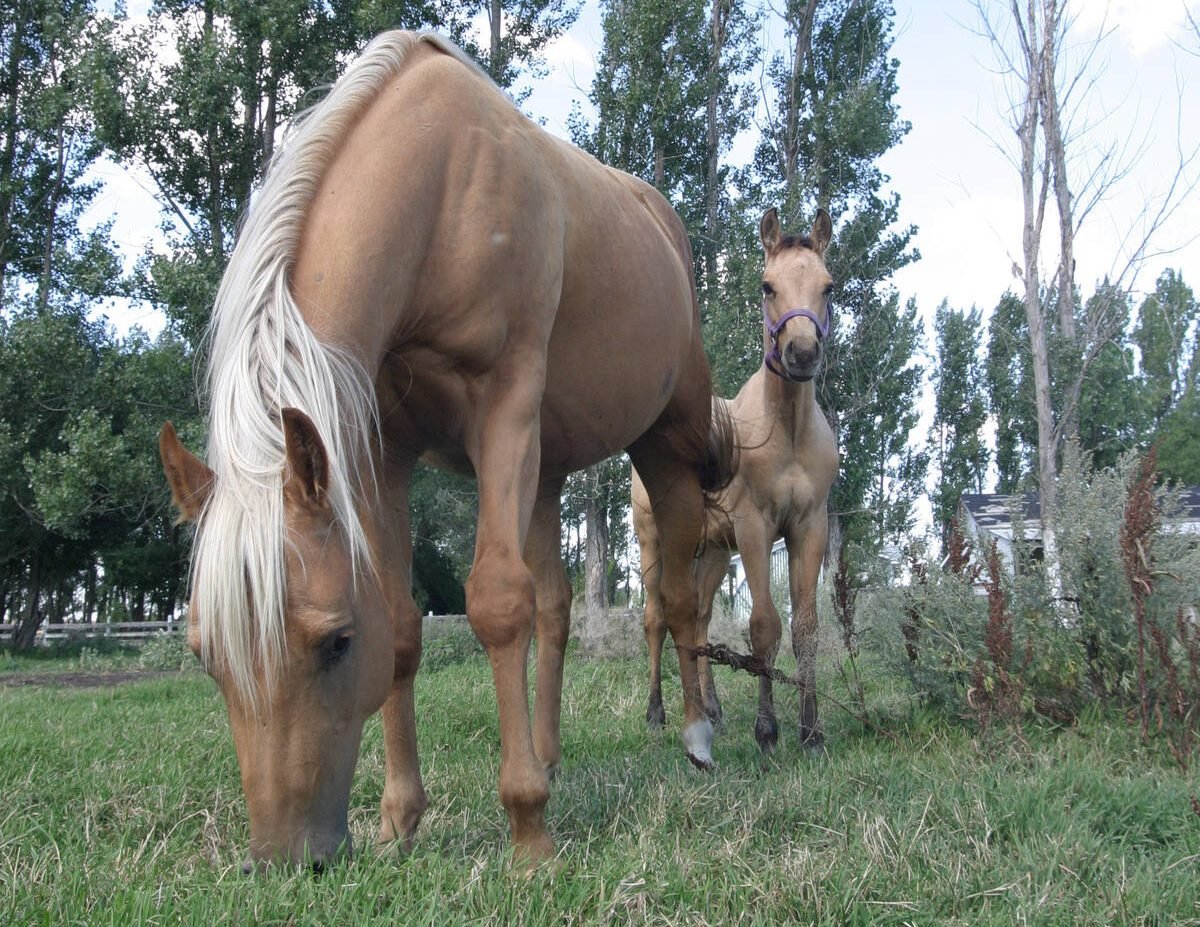Running a large country like Canada is to surge from one dilemma to another.
While negotiating a United States-Mexico-Canada trade deal, Prime Minister Justin Trudeau was also dealing with the Trans Mountain Pipeline issue.
He’s taken the middle ground — not appealing the Federal Appeal Court ruling halting the pipeline, in part because of inadequate consultation with natives.
Appealing the decision would indicate he’s willing to run roughshod over First Nations, despite the faults in the process that have been laid bare. Instead, he’s appointed a former Supreme Court judge to get the process back on track.
Read Also

Growth plates are instrumental in shaping a horse’s life
Young horse training plans and workloads must match their skeletal development. Failing to plan around growth plates can create lifelong physical problems.
Conservative leader Andrew Scheer, on the other hand, has said he’d use constitutional powers to declare the pipeline in the national interest to force the issue. He’d also seek a suspension of the court ruling and appeal it to the Supreme Court. In other words, to heck with the gaping problems the court has pointed out and ram it through.
Now, Trudeau may be facing a revolt over his planned carbon tax. He has told the provinces to have a carbon-emissions reduction plan with some kind of tax in place by this year, or he will impose one.
Some provinces have acquiesced, but Saskatchewan’s government has always said it would take the federal government to court. Now — with the election in Ontario of Progressive Conservative Doug Ford (who has said he will scrap the province’s cap-and-trade system), the emergence of poll-leading United Conservative Party leader Jason Kenney in Alberta (who has said he would scrap Alberta’s carbon tax) and the recent decision by Manitoba Premier Brian Pallister to scrap a planned carbon tax — it’s possible that Trudeau would have to impose the tax on 55 percent of Canada’s population.
Polls show most Canadians want movement on environmental issues, but two-thirds of Canadians say the provinces should have the final say on how to reduce greenhouse gas emissions.
Conversely, polls suggest that Canadians don’t want the provinces taking the federal government to court.
That’s another dilemma.
And still another: Trudeau et al. stood up to U.S. President Donald Trump — reasonably well — because we need him to and we wanted him to. Now, will he stand up to the rogue provinces — and do we want him to?















